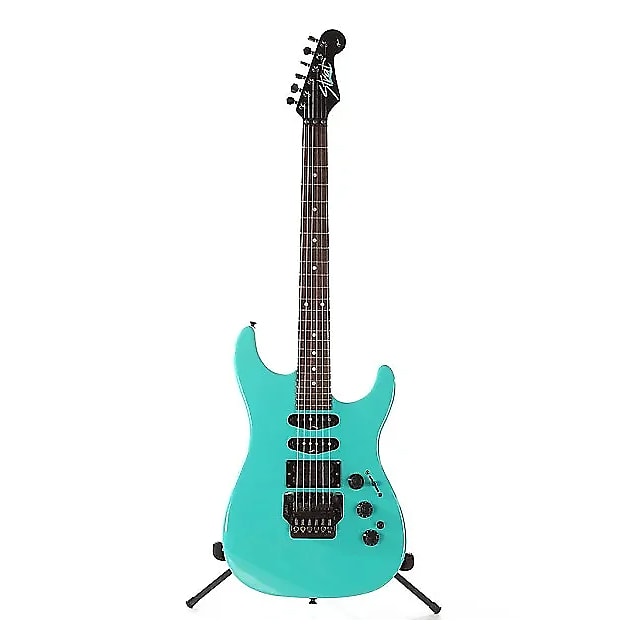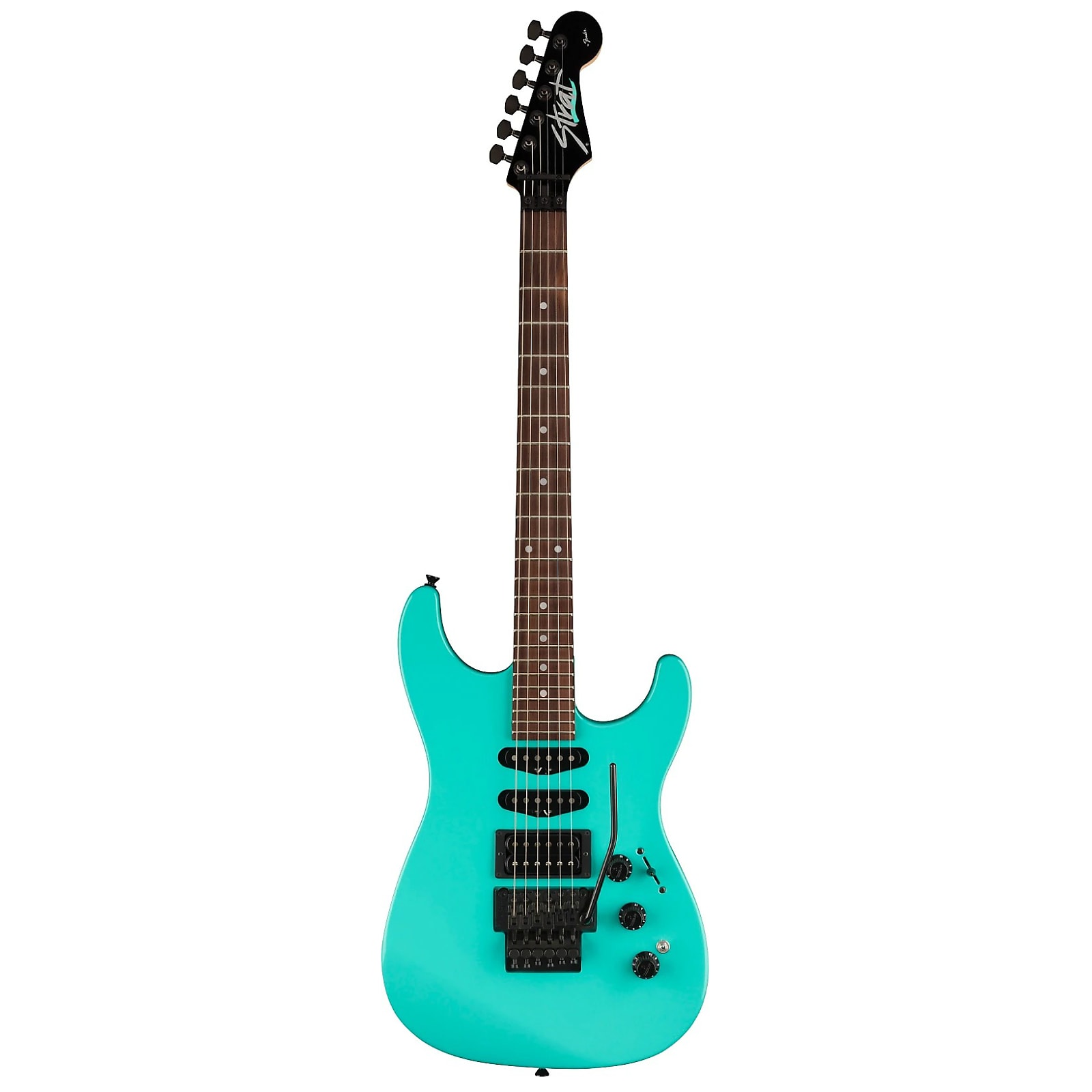xxxadixxx
New Member
- Joined
- Feb 13, 2022
- Messages
- 430
For me PRS Guitars originally represented "modern" guitars rather than minor incremental improvements on classics. In recent years, it seems there is more of a shift back to classic designs which made me think about what happens when the idea of classic changes. This is not intended to be a shot across the Boomer bow, but rather a contemplation of how tastes change over time.
I am intrigued by how different people define "classic" tone and then how that influences their playing over time. As someone who grew up in the late 80's and 90's, my reference point is very different from many people. For example, I could not pick-out a single Zeppelin, Beatles, Skynard, Stones, etc. song if my life depended on it... Okay, maybe I could pick out "Paint it Black" by The Rolling Stones, but not because of the original... Earth Crisis did an awesome cover it, which is my reference for the song.
My reference "good tones" are Megadeth's Rust in Peace, Metallica ...And Justice for All, Pantera Vulgar Display of Power, and Bad Religion Stranger than Fiction or Recipe for Hate. With the exception of Bad Religion, none of the others come close to the general consensus of classic tone, i.e. a Les Paul through a Marshall (let alone the Clapton Strat sound).
All of that brings me to my thought experiment, as we get further away from the 60's and 70's different generations of music and listeners become more numerically significant. What would that do to our concept of classic tone? Is there a world where we start to see a shift to a new classic or is it more of a fragmented view of classic tone, similar to how there is no longer a truly "popular" music, i.e. the "top 40's" in the 80's was rather consistent while today there is extreme differences in the "top 10", for example.
After the reIf these changes come about, what could that mean for PRS?
I am intrigued by how different people define "classic" tone and then how that influences their playing over time. As someone who grew up in the late 80's and 90's, my reference point is very different from many people. For example, I could not pick-out a single Zeppelin, Beatles, Skynard, Stones, etc. song if my life depended on it... Okay, maybe I could pick out "Paint it Black" by The Rolling Stones, but not because of the original... Earth Crisis did an awesome cover it, which is my reference for the song.
My reference "good tones" are Megadeth's Rust in Peace, Metallica ...And Justice for All, Pantera Vulgar Display of Power, and Bad Religion Stranger than Fiction or Recipe for Hate. With the exception of Bad Religion, none of the others come close to the general consensus of classic tone, i.e. a Les Paul through a Marshall (let alone the Clapton Strat sound).
All of that brings me to my thought experiment, as we get further away from the 60's and 70's different generations of music and listeners become more numerically significant. What would that do to our concept of classic tone? Is there a world where we start to see a shift to a new classic or is it more of a fragmented view of classic tone, similar to how there is no longer a truly "popular" music, i.e. the "top 40's" in the 80's was rather consistent while today there is extreme differences in the "top 10", for example.
After the reIf these changes come about, what could that mean for PRS?



